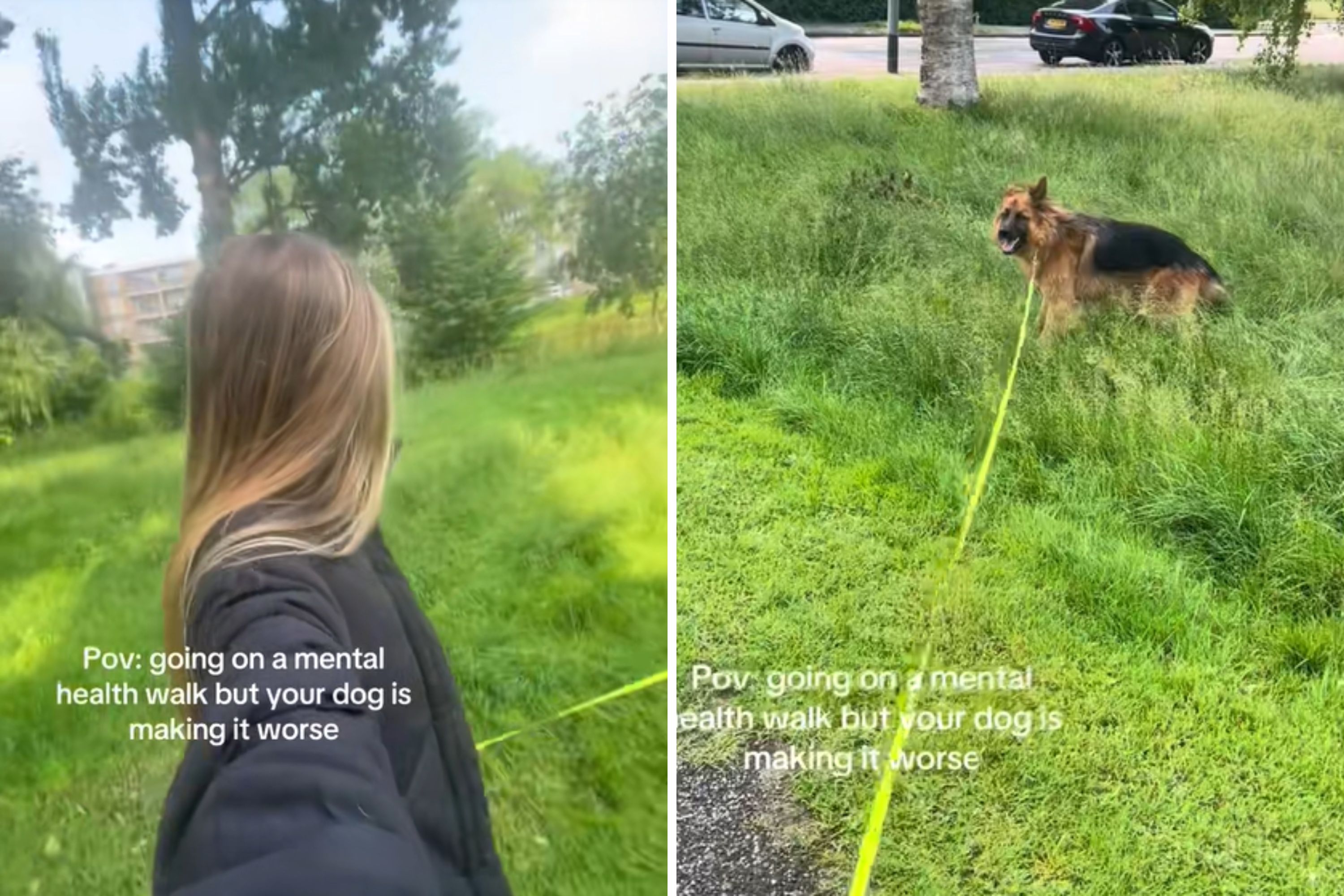Are You Missing Out? 7 Signs You Might Not Be Getting Enough Protein (and How to Fix It)

The Silent Deficiency: Are You Getting Enough Protein?
Protein is a cornerstone of a healthy diet, vital for everything from building and repairing tissues to supporting a strong immune system. While many are aware of its importance, a surprising number of people aren't consuming enough. Severe protein deficiency can lead to serious health problems, most notably Kwashiorkor, a condition characterized by debilitating swelling. But before it gets to that stage, your body sends out subtle signals. Let's explore seven key signs you might be falling short on protein intake, and what you can do to course-correct.
1. Constant Fatigue & Weakness
Feeling tired all the time, even after a good night's sleep? Protein plays a crucial role in energy production. When your body lacks sufficient protein, it may start breaking down muscle tissue for energy, leading to persistent fatigue and weakness. It's more than just feeling a little low; it's a consistent drain on your vitality.
2. Slow Wound Healing
Protein is essential for tissue repair. If cuts, scrapes, or bruises take longer than usual to heal, it could be a sign you're not consuming enough protein. Your body needs the building blocks to rebuild damaged tissues effectively.
3. Brittle Hair, Nails & Skin
Think of your hair, nails, and skin as indicators of your overall health. Protein deficiency can manifest as brittle hair that breaks easily, weak and ridged nails, and dry, flaky skin. These are often the first visible signs of a nutritional imbalance.
4. Frequent Illness & Weakened Immunity
Antibodies, which are crucial for fighting off infections, are made of protein. A lack of protein can compromise your immune system, making you more susceptible to colds, flu, and other illnesses. Boosting your protein intake can help strengthen your body's defenses.
5. Muscle Loss & Weakness
As mentioned earlier, when protein is scarce, your body may start breaking down muscle for energy. This can lead to a gradual loss of muscle mass and strength. Regular protein intake, combined with exercise, is vital for maintaining muscle health.
6. Swelling (Edema) - A Serious Warning Sign
This is where the condition of Kwashiorkor comes into play. Severe protein deficiency can lead to fluid retention in the tissues, resulting in swelling, particularly in the face, hands, legs, feet, and abdomen. This is a serious sign that requires immediate medical attention.
7. Cravings for Unhealthy Foods
Sometimes, your body is trying to tell you something. Intense cravings for sugary or processed foods might be a sign that you're not getting enough of the nutrients you need, including protein. These cravings can be a deceptive way your body attempts to compensate for deficiencies.
How to Boost Your Protein Intake
Fortunately, correcting a protein deficiency is usually straightforward. Here are a few simple strategies:
- Include Protein-Rich Foods in Every Meal: Think lean meats, poultry, fish, eggs, dairy products, beans, lentils, tofu, and nuts.
- Consider Protein Supplements: Whey protein, casein protein, or plant-based protein powders can be a convenient way to increase your intake, especially after workouts.
- Read Food Labels: Pay attention to the protein content of the foods you buy.
Don't ignore the subtle signs your body is sending you. Prioritizing protein intake can significantly improve your overall health and well-being. If you suspect you have a severe protein deficiency, consult with a healthcare professional for personalized advice.






